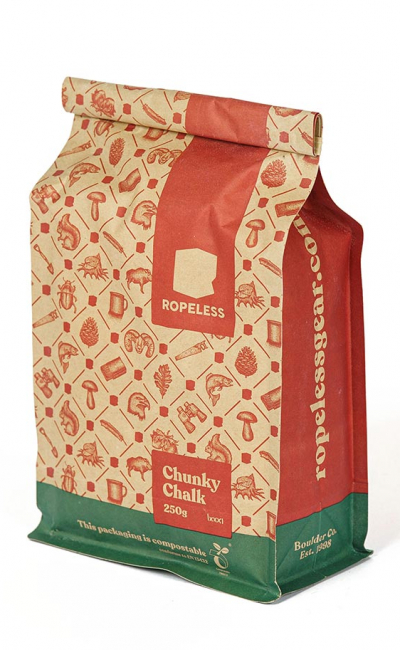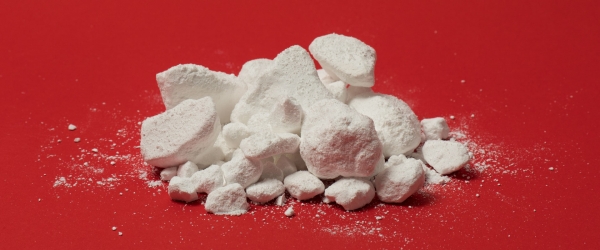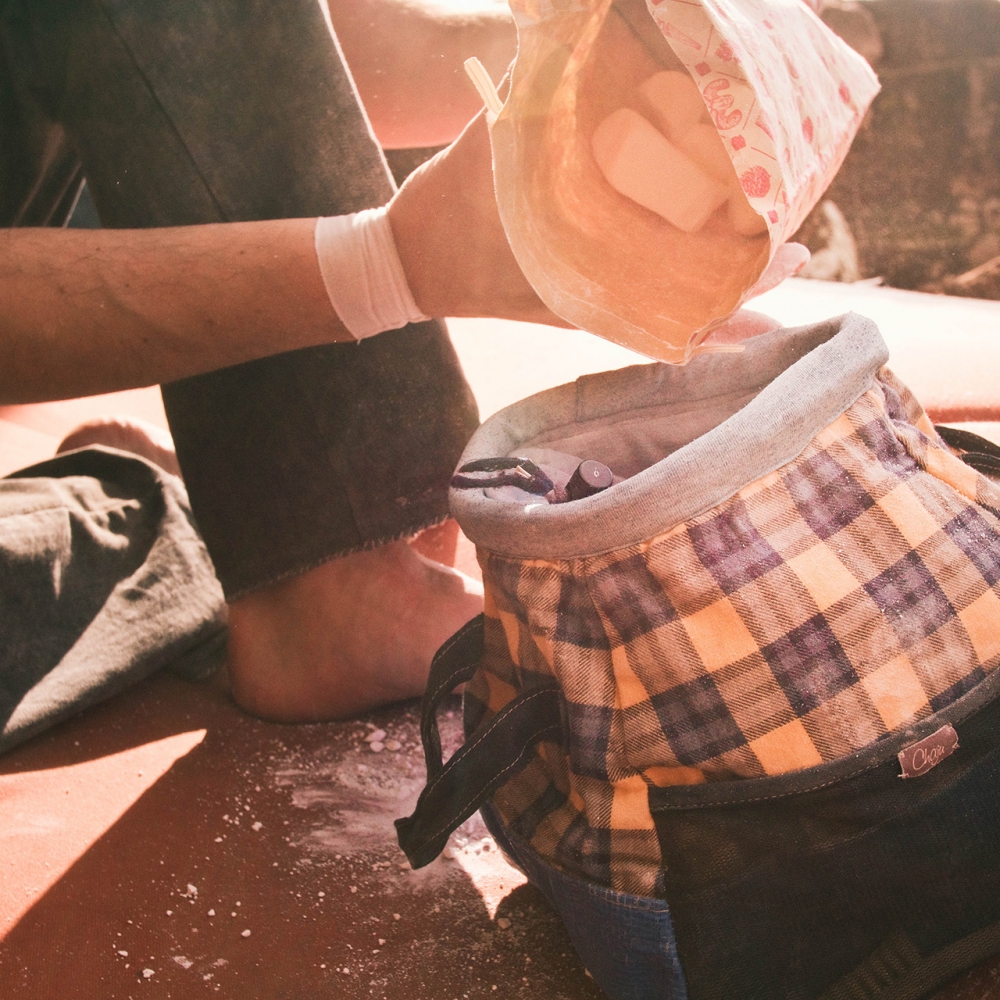Climbing Chalk

compostable packaging
What does compostable mean exactly?

Pre crunched. Just perfect for your hardest ascent.

Doesn't compostable mean the same as biodegradable?
It’s a common misconception that compostable and biodegradable mean the same thing. While both terms refer to the ability of a material to break down and return to the earth, they do have some differences. Compostable materials are specifically designed to break down into nutrient-rich soil when placed in a composting environment, while biodegradable materials simply break down into smaller pieces over time. Additionally, compostable materials must meet strict standards for their ability to break down within a certain timeframe and without leaving behind harmful residue. So, while both terms relate to sustainability, compostable materials are generally considered to be the more environmentally friendly option.
Is compostable the same as biodegradable?
There is a widespread misconception that compostable and biodegradable mean the same thing. However, there are some differences between the two terms. While both describe materials that can break down and return to the earth, compostable materials are specifically designed to turn into nutrient-rich soil in a composting environment. On the other hand, biodegradable materials gradually break down into smaller pieces over time. Moreover, compostable materials must meet rigorous standards for their ability to decompose within a specific timeframe and without leaving toxic residue. While both terms relate to sustainability, compostable materials are generally considered to be the more eco-friendly option.
Many people mistakenly believe that compostable and biodegradable are synonymous terms. Although each term refers to the ability of a material to decompose and return to the earth, there are some distinctions between them. Compostable materials are specially designed to break down into nutrient-rich soil when placed in a composting environment, while biodegradable materials simply break down into smaller fragments over time. Additionally, compostable materials must meet strict requirements for their ability to decompose within a certain timeframe and without leaving harmful residue behind. Consequently, while both terms relate to sustainability, compostable materials are generally considered the more eco-friendly option.
The difference between industrially compostable and home compostable explained
Industrially compostable and home compostable are two types of composting that differ in terms of the environment in which they take place. While industrially compostable products are designed to break down in large-scale composting facilities, home compostable products can be composted in backyard composting systems. Home compostable products are typically made from materials that can break down more easily and quickly, such as food waste and yard waste. Industrially compostable products may take longer to decompose and require specific conditions to break down properly. Ultimately, the difference between the two comes down to the scale and environment of the composting process.

